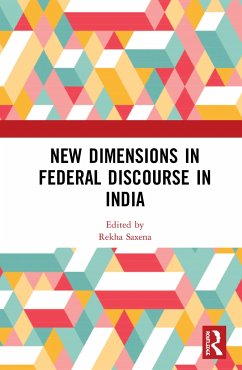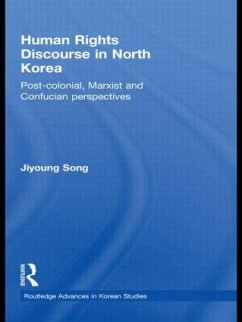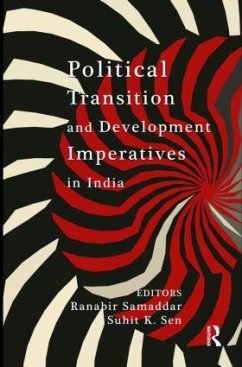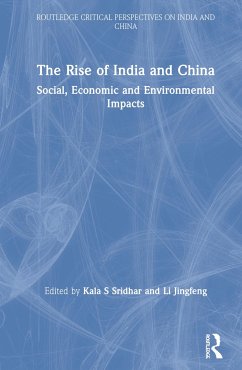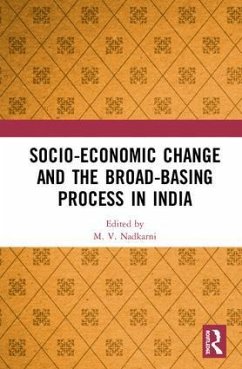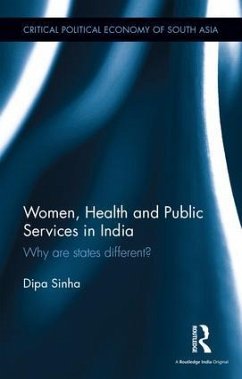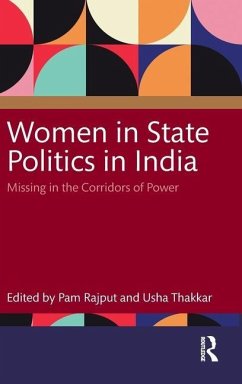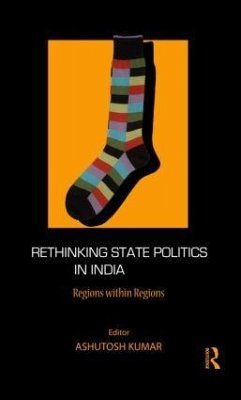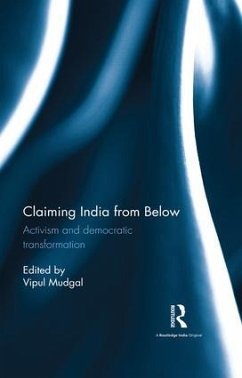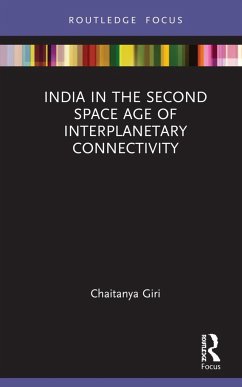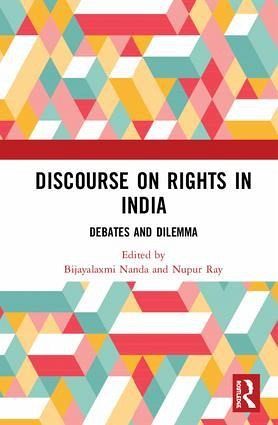
Gebundenes Buch
Discourse on Rights in India
Debates and Dilemmas
Herausgeber: Nanda, Bijayalaxmi; Ray, Nupur
Versandkostenfrei!
Versandfertig in 1-2 Wochen

PAYBACK Punkte
84 °P sammeln!




The book argues that even though rights exist within legal/constitutional provisions, there is little agreement on how to reconcile contradictions owing to their conflicting and competing nature. It focuses on a distinctive vantage point to navigate intersectionality and diversity within this heterogeneous terrain.
Bijayalaxmi Nanda is Associate Professor, Department of Political Science, Miranda House, University of Delhi, India. Her areas of specialization include political theory, feminist politics and human rights. She has been conferred the Teacher's Excellence Award (2017) by the University of Delhi. She is actively involved with campaigns for the rights of girl children and women in India for the past two decades. Her publications include Sex-Selective Abortion and the State: Politics, Laws and Institutions in India (2018), Human Rights, Gender and Environment (co-authored, 2007) and Understanding Social Inequality: Concerns of Human Rights, Gender and Environment (co-edited, 2010). She has also contributed chapters to edited volumes and has written extensively on issues of gender discrimination, girl-child rights, health and education policies, human development and human rights. Nupur Ray is Assistant Professor, Department of Political Science, Kamala Nehru College, University of Delhi, India. Her areas of interest include political philosophy, feminist politics and political theory. She is associated with campaigns to counter violence against women in India. She has written extensively on the rights discourse and has published 'Exploring 'empowerment' and 'agency' in Ronald Dworkin's Theory of Rights: A Study of Women's Abortion Rights in India' in the Indian Journal of Gender Studies (2014). She has contributed chapters to edited volumes and presented papers at various national and international conferences.
Produktdetails
- Verlag: Routledge India
- Seitenzahl: 436
- Erscheinungstermin: 17. August 2018
- Englisch
- Abmessung: 222mm x 145mm x 27mm
- Gewicht: 677g
- ISBN-13: 9781138056244
- ISBN-10: 1138056243
- Artikelnr.: 53687059
Herstellerkennzeichnung
Libri GmbH
Europaallee 1
36244 Bad Hersfeld
gpsr@libri.de
Für dieses Produkt wurde noch keine Bewertung abgegeben. Wir würden uns sehr freuen, wenn du die erste Bewertung schreibst!
Eine Bewertung schreiben
Eine Bewertung schreiben
Andere Kunden interessierten sich für


